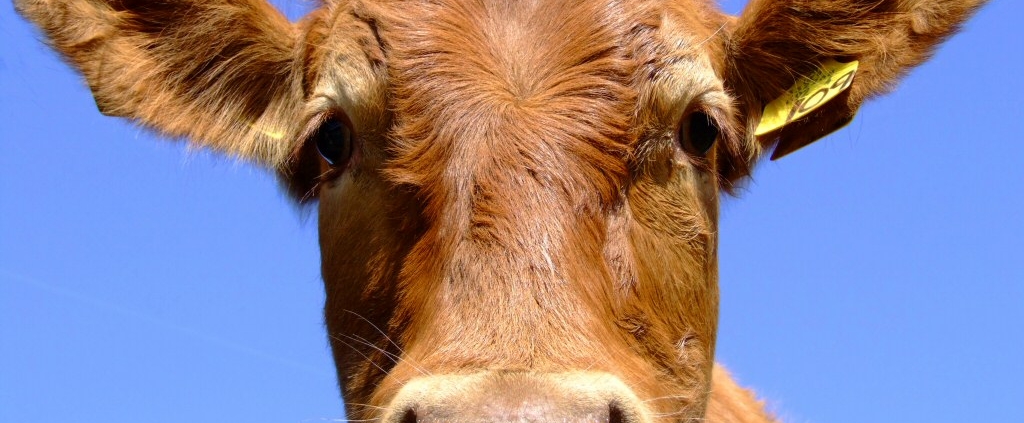What’s to eat?
Jews spend a lot of time talking about food. There’s nothing like Jewish holidays to get Jews talking about food. During Passover we compare seder menus and debate matzah brei recipes (crispy or pancake style?). Sometimes it seems that the majority of our Passover conversation is about food and not so much about the freedom which was supposed to be the point of the holiday.
We need a reminder that Passover isn’t the holiday when we long for bread, just as Yom Kippur isn’t merely the holiday when we crave food. Sometimes our attachment to food is so fully identified with our emotional state that we diminish the potential of food as a spiritual experience. If food is such an important topic for us as an ethnic and religious group, can it also be a prompt for feeding our spiritual selves?
Food is supposed to be an important way to reach the hearts and souls of Jews. The Jewish relationship with food can also provide spiritual nourishment. In parshat Shemini, read on April 22, 2017, we are given a first lesson on the many rules regarding the kinds of animals we may eat. We get religiously restrained when we view the kosher rules as a culinary criminal code. Rather, we might view our associations with food as reminders of a need for spiritual sustenance.
Every time I am in a restaurant and I see the bacon or lobster I won’t order, I get a little spiritual lift. That boost comes from the reminder that I am making a choice about what I put in my mouth, so that I can remember to live according to “higher” standards rather than personal impulses. Food choices remind me that I am a Jew and that being Jewish means aspiring to improving the world that God is creating. Therefore, choosing just to eat kosher food is not by itself sufficient.
I have chosen, for example, to limit my consumption of red meat because it is bad for my health and also bad for the environment – just Google “cow emissions global warming.” This is how Reb Zalman Schachter- Shalomi z”l taught us about eco-kashrut. Farmed fish is often a source of pollution raised with harmful concentrations of antibiotics, pesticides and fish feces. I check packaging carefully before buying fish. In this way, our eating choices are spiritual exercises that have consequences for our selves and for all humanity.
If you gave up hametz for Passover, and are now returning to your regularly scheduled diet it is a good time to consider what it means to make food choices as a Jewish person should – for the sake of both spiritual growth and the health of our planet. These are worthy goals emanating from simple rules starting with choosing which animals we eat.
R’ Evan.






 Evan J. Krame was ordained as a rabbi by the
Evan J. Krame was ordained as a rabbi by the